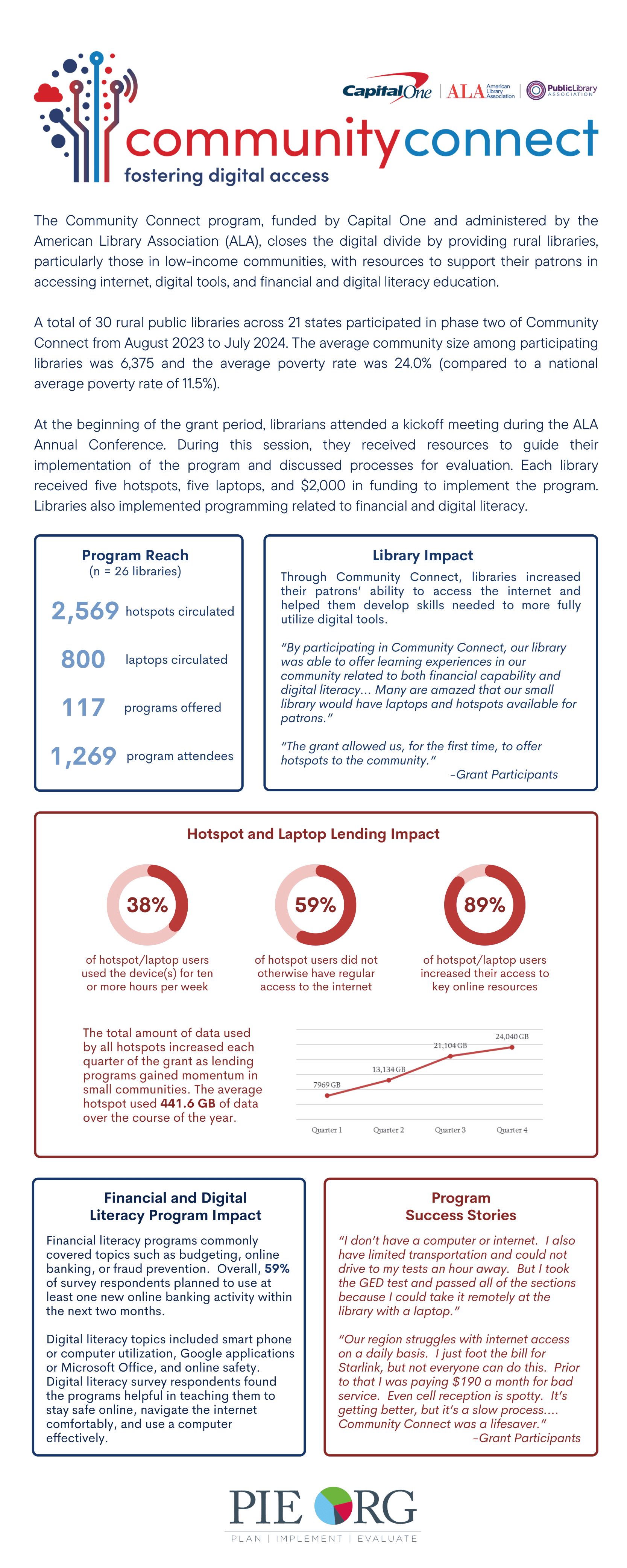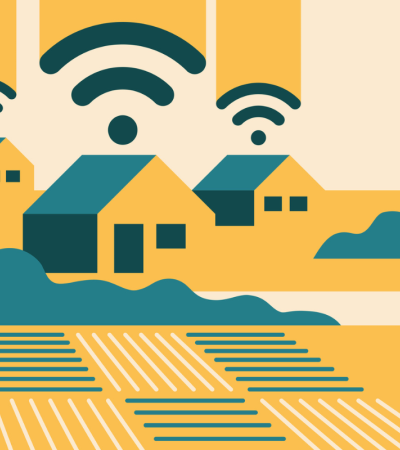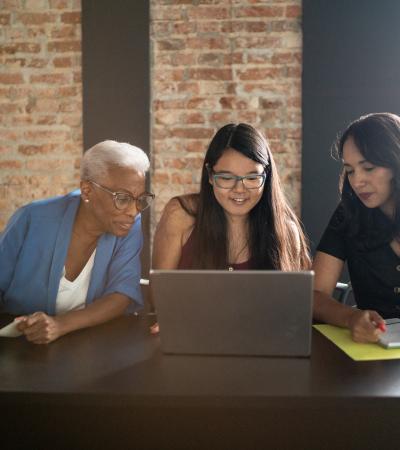Learn more about Community Connect, an initiative of ALA and Capital One, which offers grants and resources to help support digital access and financial capability in rural communities nationwide. This article was written by Community Connect's external evaluator, Planning, Implementation, and Evaluation (PIE) Org.
Georgetown Public Library, Delaware
Georgetown, Delaware, is the county seat of Sussex County and a rural community characterized by numerous farms and agricultural activity. Despite being the hub of county governance, many areas in and around Georgetown lack access to essential internet infrastructure. Even within town limits, some residents either do not have internet access or cannot afford it, creating significant barriers to education, employment, and connectivity in today’s digital world. Through the Community Connect: Fostering Digital Access initiative, Georgetown Public Library was able to provide its patrons with access to the internet through its hotspot lending program.
Throughout the grant period, Georgetown Public Library circulated their hotspots 122 times and laptops 28 times. Patrons were able to check out hotspots and laptops for up to one week. Those without home internet due to cost or rural location were excited to have access. A library worker shared,
“The hotspots seemed to be the biggest success. They never sat on our shelves. As soon as they were returned, they were put on the holds shelf for another patron.”
The library partnered with a local financial advisor to offer an investing workshop to a local homeschool group as well as a personal finance workshop targeted towards adult patrons. They also offered a computer basics class for Spanish-speaking patrons, which used the Digital Learn curriculum and met on Saturdays for 12 weeks. One patron shared,
“For me this was a very important experience to be able to work in my business and be able to make a document or presentation. This class has been very important for me and my family.”
Clinton County Public Library, Kentucky
With a population of about 9,200, Clinton County is located on the southern edge of the Appalachian region in the south-central region of Kentucky between two beautiful lakes: Dale Hollow Lake and Lake Cumberland. The major industries are education (many folks are employed by the local school district), health care, manufacturing, agriculture, and tourism.
Internet service has long struggled in Clinton County. Connections are often very slow, and many live in locations inaccessible by cable or fiber internet service. The vast majority of citizens cannot afford the cost of satellite internet service because of the start-up costs. And while fiber internet is finally coming to the county, with an average median household income of $41,180, the affordability of fiber is still beyond the reach of many citizens. This is one major reason why Clinton County Public Library is grateful to have the ability to offer hotspot checkout to their local citizens. The Community Connect grant gives residents the opportunity to bring service to their homes when there is no other affordable or practical means to do so.
To implement the lending program, Clinton County Public Library staff looked at the policies of other libraries in Kentucky as well as the policies recommended by ALA and created a policy that incorporated ideas from each. To market the program, the library ran a big article in the local paper, notified the local radio station, advertised at a local wellness center, and posted on Instagram and Facebook. During this phase of the grant, patrons checked out hotspots 69 times and laptops were checked out 19 times. Clinton Country patrons shared the following success stories:
“It is free. Internet is not available for me other than satellite.”
“When my home internet was down, I was able to continue working from home. Plus, I could also work while traveling with my family.”
As part of the grant, the library offered programming focused on helping senior citizens avoid elder fraud and a variety of scams, a financial literacy workshop for children and teens using a kit from the Kentucky Department of Libraries and Archives, and a Digital Literacy Showcase that taught patrons how to use the Community Connect laptops and hotspots in a small group setting. A library worker shared,
“The Community Connect program helped Clinton County Public Library tremendously with digital literacy education and financial capability. Being able to go out in the community and share/demonstrate how to access a wide variety of digital resources has aided in supporting the mission of the public library. So many in our community lack confidence online, especially our population that is over 50. For staff, this was the beginning of expanding our programming focus beyond reading, crafts, book clubs, author lectures and other typical library programs. I believe that this experience with the Community Connect grant has empowered staff to explore hosting and presenting more programs around the needs of our local citizens.”




